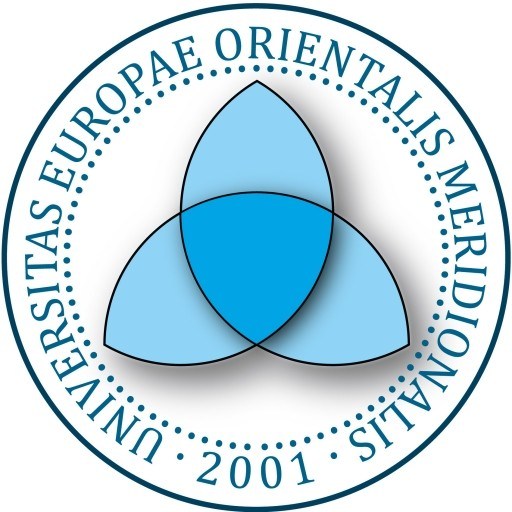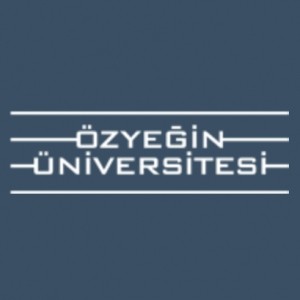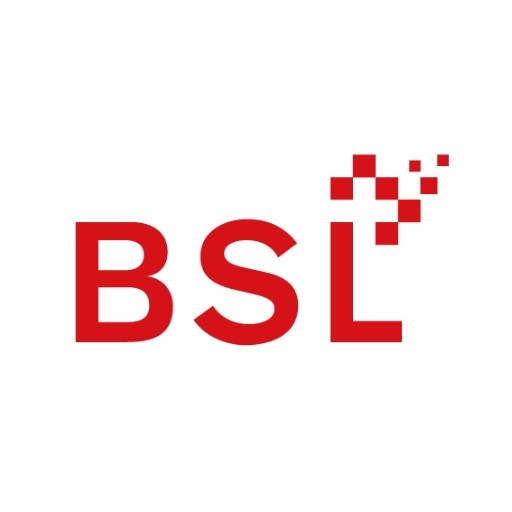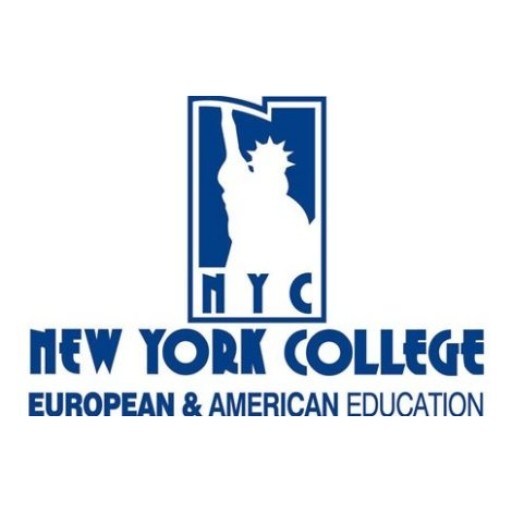Photos of university / #tallinnatehnikakorgkool
Program Name: Business Administration — Tourism
The Business Administration — Tourism program at the University of Applied Sciences offers a comprehensive education designed to prepare students for dynamic careers in the tourism and hospitality industries. This program combines core business principles with specialized knowledge in tourism management, providing students with a versatile skill set to meet the diverse needs of the global tourism sector. Throughout the course of study, students will explore key areas such as travel planning and coordination, hospitality management, marketing strategies tailored for tourism, sustainable tourism development, and digital innovation in the travel industry. The curriculum emphasizes practical learning through internships, project work, and industry partnerships, enabling students to gain real-world experience and build professional networks.
The program is structured to foster entrepreneurial thinking, leadership, and strategic decision-making skills, preparing graduates for managerial roles in travel agencies, tour operators, hotel chains, and other tourism-related organizations. In addition, students will learn about the legal, cultural, and economic aspects influencing tourism development, equipping them with a broad understanding of the sector’s global and local contexts. The university’s state-of-the-art facilities, experienced faculty, and strong ties with industry partners ensure an engaging and effective learning environment. Graduates of this program will be well-positioned to contribute to innovative tourism solutions, promote sustainable practices, and adapt to the future challenges of the industry. Whether pursuing careers in travel consulting, event management, hotel administration, or tourism policy, students will graduate with the competencies necessary to succeed in a competitive and ever-evolving global marketplace.
The Bachelor of Business Administration in Tourism at the University of Applied Sciences offers a comprehensive curriculum designed to prepare students for dynamic careers in the tourism and hospitality industries. The program combines theoretical knowledge with practical skills, ensuring graduates are well-equipped to meet the demands of a globalized marketplace. Throughout the course, students explore the fundamental principles of business management, marketing, and economics, with a particular emphasis on tourism-specific concepts such as destination management, sustainable tourism development, and hospitality operations. The curriculum includes modules on strategic planning, customer relationship management, and digital marketing, reflecting current trends and technological advancements in the industry. Students also have opportunities for hands-on experience through internships, project work, and case studies, enabling them to apply their learning in real-world contexts. Additionally, the program covers intercultural communication, language skills, and tourism law to prepare students for diverse working environments worldwide. The program aims to develop not only professional competencies but also critical thinking, problem-solving abilities, and leadership qualities. Graduates will be capable of pursuing careers in travel agencies, tour operators, hotel management, event planning, and destination marketing organizations, among others. The university's strong ties with industry partners and its emphasis on internationalization provide students with valuable networking opportunities and insights into global tourism trends. Overall, the Bachelor of Business Administration in Tourism is designed to empower students with a solid foundation in business principles and specialized knowledge in tourism, ensuring they are ready to excel in the fast-paced, ever-changing landscape of the tourism industry.
Program requirements for the Business Administration – Tourism Bachelor’s degree at the University of Applied Sciences typically include a combination of academic prerequisites, language proficiency, and possibly interview or motivation assessments. Applicants are generally expected to have completed secondary education with a strong academic record, particularly in subjects such as mathematics, business studies, economics, and languages. Good command of English is essential, with proof of language proficiency through tests like TOEFL or IELTS often required unless the applicant’s previous education was in an English-speaking environment. Some programs may also require a motivation letter where applicants demonstrate their interest in tourism and business management, as well as their career goals.
Additionally, the university might conduct an entrance interview or assess each candidate’s motivation and suitability for the programme. Prior work experience in the tourism industry or related fields can be advantageous but is usually not mandatory. Applicants are expected to submit their application forms along with all supporting documents by the specified deadline. The programme aims to develop students' theoretical knowledge and practical skills in areas such as tourism marketing, hospitality management, sustainable tourism development, and customer relations. It encourages active participation, teamwork, and critical thinking. Some courses may require participation in internships, which students arrange during their studies to gain real-world experience. Overall, meeting these requirements enables prospective students to be well-prepared for the comprehensive curriculum of Business Administration – Tourism at the university.
The financing of the Business Administration — Tourism program at the University of Applied Sciences is structured to provide students with a comprehensive understanding of various funding options and financial planning strategies relevant to their studies and future careers in the tourism industry. The program benefits from a combination of public funding, scholarships, and individual financial planning to ensure accessible education for a diverse student body. Tuition fees are generally set by the university and adhere to national regulations governing higher education costs, with a standard fee structure applicable to domestic and international students.
Students are encouraged to explore scholarship opportunities offered by the university, government agencies, and private foundations, which can significantly offset tuition expenses. These scholarships often aim to support high-achieving students, those from underrepresented backgrounds, or individuals demonstrating financial need. The university also offers information and assistance about student loans and financial aid programs available within the country, which can be used to finance tuition fees, living expenses, and study materials.
Additionally, part-time employment is a common option for students to generate income while studying, with many students working in the tourism sector or related fields to gain practical experience and financial independence. The university provides guidance on balancing work and study commitments, and some programs are designed to allow flexible scheduling to accommodate part-time work.
Furthermore, the program's curriculum includes modules on financial management specific to the tourism and hospitality industry, equipping students with skills needed to manage budgets, analyze investment opportunities, and understand the financial aspects of running tourism enterprises. This practical focus on finance prepares graduates for entrepreneurial initiatives or managerial roles where effective financial planning and resource management are crucial.
The university maintains an active partnership with tourism businesses, which sometimes offer internships, apprenticeships, or sponsorships that can include financial support or stipends, further facilitating student financing. Overall, the financing of the Business Administration — Tourism program is multifaceted, combining institutional support, external funding sources, and personal financial planning to enable students to successfully complete their studies and transition into the tourism sector with a solid financial foundation.
The Business Administration — Tourism programme at the University of Applied Sciences offers students a comprehensive education in the field of tourism management and business administration. This interdisciplinary course is designed to equip students with the essential skills and knowledge required to excel in the dynamic tourism industry, which includes travel agencies, tour operators, hotel management, event planning, and other related sectors. The curriculum emphasizes a practical approach, integrating theoretical learning with real-world applications through projects, internships, and industry collaborations.
Students enrolled in this programme will gain a solid foundation in core business disciplines such as marketing, finance, human resource management, and strategic management, tailored specifically to the tourism sector. The programme also covers key areas unique to tourism, including hospitality management, tourism planning, sustainable tourism development, and intercultural communication. This provides students with a well-rounded understanding of how to develop, manage, and market tourism products and services effectively.
The programme is typically delivered over a three-year period, combining classroom instruction with hands-on experiences. Many courses involve case studies, group projects, and field trips aimed at simulating real-world scenarios and fostering teamwork and problem-solving skills. Students often have the opportunity to participate in internships within the tourism industry, which enhances their practical experience and employability after graduation.
Graduates of the Business Administration — Tourism programme are prepared for a wide range of careers in the tourism and hospitality sectors, including roles such as tour managers, hotel managers, event coordinators, travel consultants, and tourism development officers. They are also equipped with entrepreneurial skills to start their own tourism-related businesses. The programme's emphasis on international perspectives and intercultural competencies prepares students for global careers and facilitates engagement in international tourism markets.
The university maintains strong ties with industry partners and provides students with access to networks and job opportunities through career fairs and collaborations with tourism companies. Additionally, graduates receive support for further education and professional development in the tourism sector. Overall, the programme aims to produce competent, innovative, and responsible tourism professionals who can contribute to sustainable development and economic growth in the tourism industry worldwide.










